Market Analysis
Medical Device Testing Services (Global, 2025)
Introduction
In an increasingly complex health system, the Medical Device Testing Services market is destined to play a critical role in ensuring the safety, efficacy, and regulatory compliance of medical devices. As medical technology continues to evolve at an unprecedented pace, the demand for comprehensive testing services has grown at an even faster pace, driven by the need for a rigorous evaluation process that meets the most stringent regulatory requirements. Testing services include biocompatibility testing, performance testing, and clinical evaluation, all of which are essential to manufacturers who wish to successfully bring new products to market. A greater emphasis on patient safety and a growing number of medical device recalls have also increased the importance of reliable testing services. The Medical Device Testing Services market is expected to continue to evolve as a result of emerging technology, regulatory changes, and the increasing globalization of the supply chain.
PESTLE Analysis
- Political
- In 2025, the regulatory framework for medical device testing services will be influenced by government policies that aim to ensure patient safety and product efficacy. The US Food and Drug Administration (FDA) has implemented new guidelines that will require all medical devices to undergo stringent testing procedures, which will result in an estimated 30% increase in premarket submissions compared to 2024. The European Union’s Medical Device Regulation (MDR) stipulates that all devices must be tested by an authorized body, which will result in a projected 15% increase in the number of authorized testing facilities in Europe.
- Economic
- In 2025, the economic environment for medical device testing services is characterized by increased investment in health innovation. By then, global expenditure on health care is estimated to reach around $ 10 trillion, of which a significant share will be spent on medical device development and testing. The average cost of clinical trials for medical devices is estimated to reach $ 2 million, which reflects the increasing complexity and regulatory requirements of testing new products. This economic environment will support the demand for specialized testing services.
- Social
- In 2025, social factors influencing the medical device testing services market will include a growing public awareness of health and safety standards. In a survey, 78% of consumers said they trust medical devices that have undergone rigorous testing and certification processes. The aging population, which is projected to reach 1.5 billion in 2025, will increase the demand for medical devices, thereby increasing the need for comprehensive testing to ensure their safety and effectiveness.
- Technological
- In 2025, the medical device testing market will be transformed by the introduction of artificial intelligence (AI) and machine learning (ML) in the testing process. It is estimated that 40% of the testing processes will be using ML-driven analytics to increase accuracy and efficiency. Virtual reality (VR) is also gaining traction in the testing industry, and it is estimated that by 2025, at least 25% of the testing centers will have adopted this technology. The virtual reality-based testing will help reduce the time and cost of testing for complex devices.
- Legal
- In 2025 the regulations governing the testing of medical devices are getting more and more stringent. The new law requires all testing laboratories to conform to ISO 13485, the international standard for quality management of medical devices. In 2025 about 85% of the testing laboratories are expected to be certified to this standard, which ensures compliance with international regulations. A new law introducing higher fines for non-compliance, up to $500,000 for a single offence, is putting the compliance of companies at the top of their priorities.
- Environmental
- In the field of medical device testing, the emphasis on the environment is growing, and the emphasis on sustainable development is growing. Green Deal in the European Union is expected to lead to a reduction in the medical device industry of 20 percent in the production and testing of medical devices. In addition, it is expected that 60 percent of testing laboratories will adopt eco-friendly practices such as reducing waste and using energy-efficient technology in response to increasing regulatory pressure and growing demand for sustainable products.
Porter's Five Forces
- Threat of New Entrants
- The medical device testing services market has a medium barrier to entry due to the need for specialized knowledge, regulatory compliance and a large capital investment. The presence of well-established players with strong reputations and established relationships with manufacturers makes it difficult for new entrants to enter the market. However, technological advancements and the growing demand for testing services are likely to encourage new companies to enter the market.
- Bargaining Power of Suppliers
- The bargaining power of the suppliers in the market for medical device testing services is generally low. There are a large number of suppliers in the market, who offer various types of testing equipment and materials. These suppliers are numerous enough to allow the testing service providers to easily switch between them, which reduces the power of each supplier to influence the price and terms of the transaction.
- Bargaining Power of Buyers
- High - Medical device manufacturers have high bargaining power in this market because of the availability of several testing service providers. They can therefore demand favorable terms and prices as a result of their need to ensure regulatory compliance. Furthermore, the increasing focus on quality and safety of medical devices gives buyers the power to demand high standards and competitive prices.
- Threat of Substitutes
- The threat of substitutes in the medical device testing market is moderate. There are some substitutes to third-party testing, such as in-house testing, but they lack the credibility and regulatory compliance of third-party testing. However, technological developments may lead to new testing methods that may be substitutes in the future.
- Competitive Rivalry
- Competition in the medical device testing services market is high, driven by the presence of numerous established players and the constant demand for new testing solutions. Competition is based on factors such as quality, speed, and cost-effectiveness. The rapid technological development and regulatory changes are intensifying the competition further.
SWOT Analysis
Strengths
- High demand for regulatory compliance in the medical device industry.
- Technological advancements improving testing accuracy and efficiency.
- Established relationships with regulatory bodies enhancing credibility.
- Diverse service offerings catering to various medical device categories.
- Expertise in specialized testing methods and protocols.
Weaknesses
- High operational costs associated with advanced testing equipment.
- Dependence on regulatory changes which can impact service demand.
- Limited market presence in emerging economies.
- Potential skill gaps in workforce for new testing technologies.
- Long lead times for testing processes may deter clients.
Opportunities
- Growing global healthcare expenditure increasing demand for medical devices.
- Expansion into emerging markets with rising healthcare needs.
- Partnerships with device manufacturers for integrated testing solutions.
- Increased focus on personalized medicine and innovative devices.
- Adoption of digital technologies for remote testing and monitoring.
Threats
- Intense competition from established and new testing service providers.
- Regulatory changes that may impose stricter testing requirements.
- Economic downturns affecting healthcare budgets and spending.
- Rapid technological changes requiring constant adaptation.
- Cybersecurity risks associated with digital testing solutions.
Summary
The Medical Devices Testing Services Market is characterized by strong demand, driven by regulatory compliance and technological advancements. The market is also characterized by a high level of competition and high operational costs. Opportunities for growth lie in the development of emerging markets and in strategic alliances. Threats to growth lie in the threat of changing regulations and in the impact of economic fluctuations on the demand for testing services. Companies should use their strengths to take advantage of the opportunities and minimize the threats.


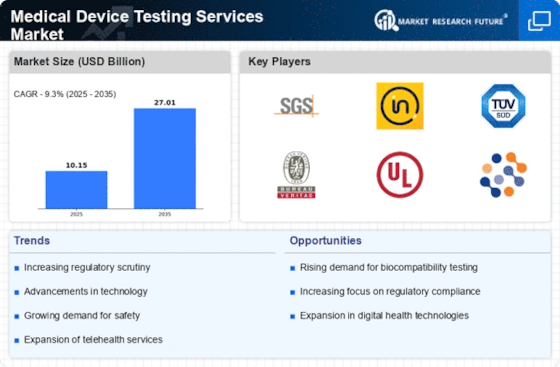
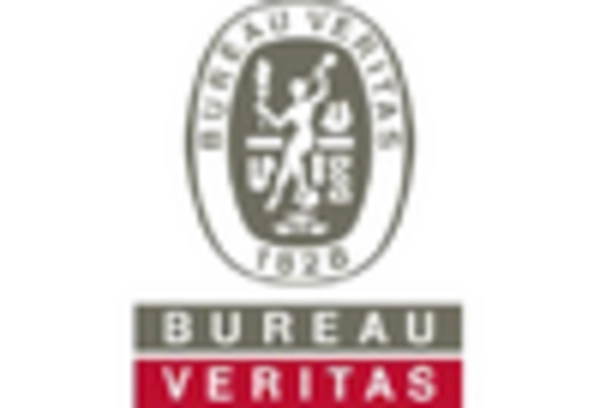
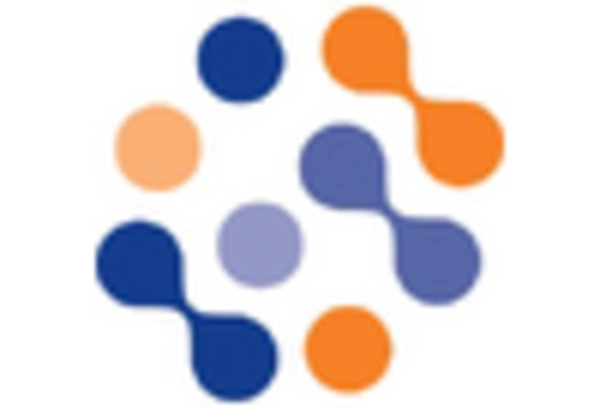
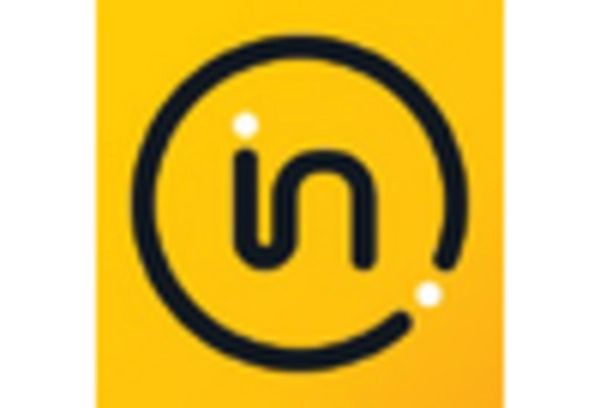
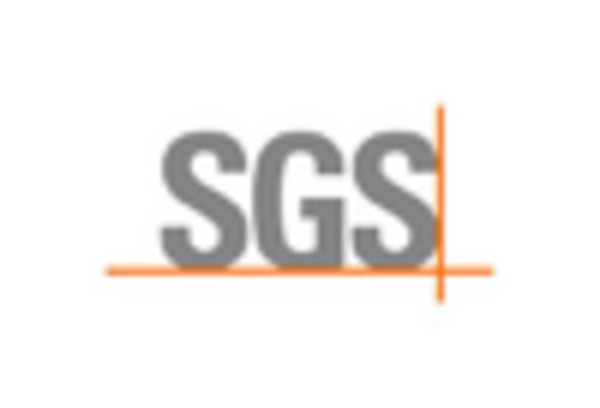
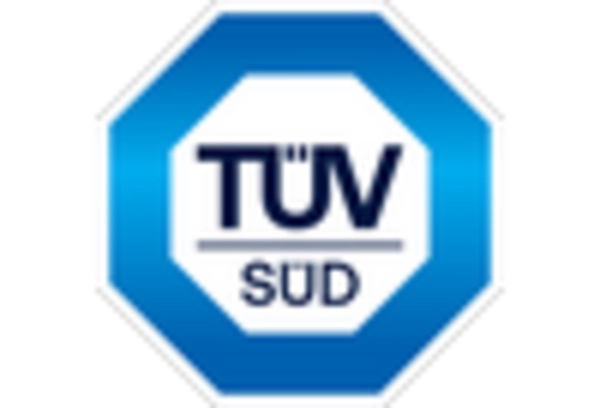
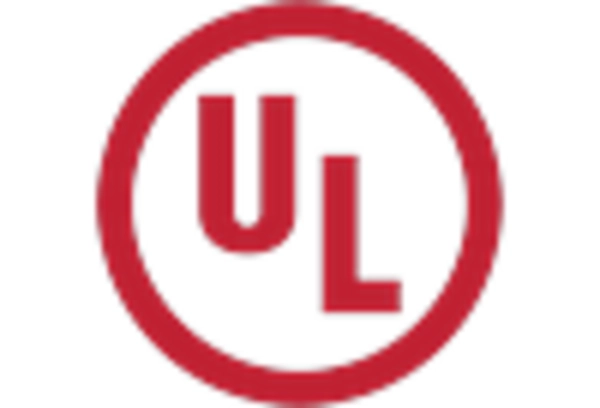









Leave a Comment